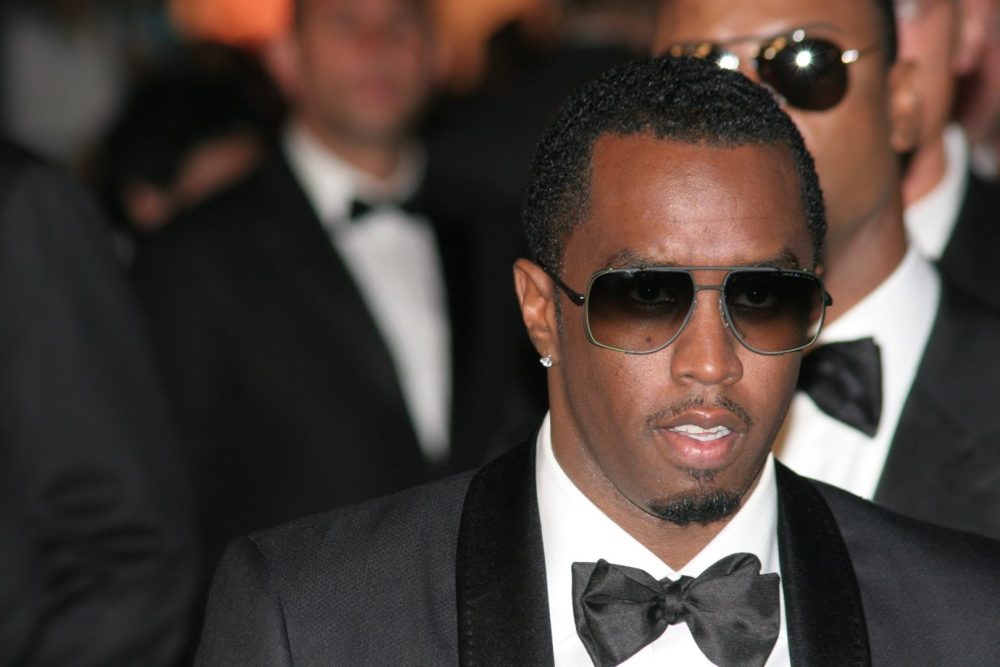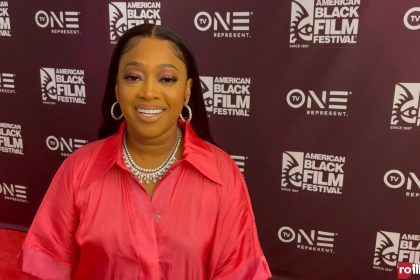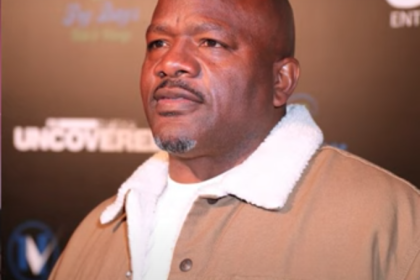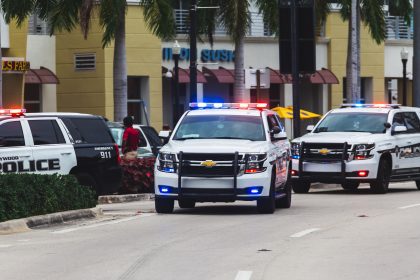In a significant legal setback for Sean “Diddy” Combs, a federal judge has denied his request for bail ahead of his trial on serious sex trafficking charges. This ruling comes as Diddy faces a multitude of allegations that could have profound implications for his career and personal life.
The court’s decision
Judge Arun Subramanian made the ruling during a court hearing, emphasizing that the evidence presented by federal prosecutors indicated that Diddy posed a danger to the community. The judge stated, “The Court finds that the government has shown by clear and convincing evidence that no condition or combination of conditions will reasonably assure the safety of the community.” This decision marks another denial of bail for the hip-hop mogul, who has been in federal custody since his arrest in September.
Allegations against Combs
Federal prosecutors have raised serious concerns about Diddy’s behavior while in custody. They allege that he has attempted to obstruct the investigation, including tampering with witnesses and violating court orders. According to the prosecution, Diddy used various methods, such as three-way calling, to communicate with potential witnesses, despite being under strict monitoring at the Metropolitan Detention Center.
Moreover, the judge highlighted evidence that Diddy continued to use a messaging service to communicate, which was against the rules set by the court. This behavior has led to increased scrutiny and skepticism regarding his ability to adhere to bail conditions.
Defense arguments
Diddy’s legal team has been relentless in their pursuit of bail, arguing that he would be safer and more compliant under private security than in federal custody. They proposed a bail package that included a $50 million bond and a plan for Diddy to reside in a secure three-bedroom apartment on Manhattan’s Upper East Side. His attorneys argued that this arrangement would allow for 24/7 monitoring of his communications and visits.
However, during the hearing, Subramanian expressed doubt about the feasibility of Diddy staying at his Miami home, which features a boat dock, stating that such an arrangement was “not going to work.” This skepticism reflects the court’s broader concerns about Diddy’s potential to evade legal restrictions.
Previous denials and future implications
This latest ruling is not the first time Diddy has faced bail denials. Two other federal judges previously rejected his requests, citing similar concerns about his potential to obstruct the investigation and pose a threat to the community. Diddy initially appealed one of these rulings but later sought to have the case reassigned to Judge Subramanian.
As the trial date approaches, set for May 5, 2025, the stakes are high for Diddy. He is not only fighting federal charges of sex trafficking and racketeering conspiracy but also facing around 30 civil lawsuits alleging sexual abuse. The outcome of this trial could have lasting repercussions on his career and public image.
As Diddy navigates this challenging legal landscape, the implications of the court’s decisions will undoubtedly resonate within the hip-hop community and beyond. The denial of bail underscores the serious nature of the charges he faces and the ongoing scrutiny of his actions. With a trial on the horizon, all eyes will be on Diddy as he attempts to clear his name and address the allegations against him.
















